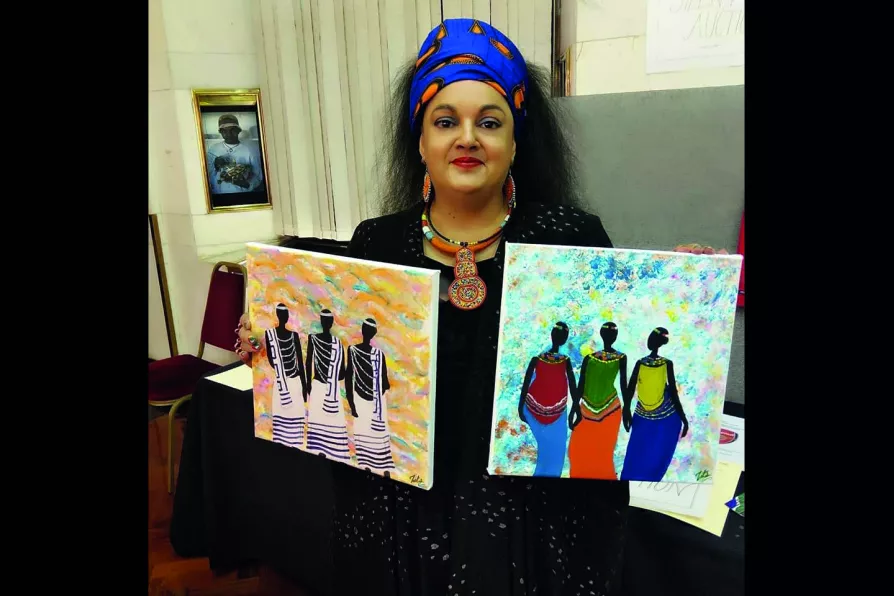As women dominate public services yet face pay gaps, unsafe workloads and rising misogyny, this International Women’s Day and TUC Women’s Conference must be a rallying point, says ANDREA EGAN

 Zita Holbourne
Zita Holbourne
I AM proud that my union, Artists Union England, as one of the newest and youngest unions, has a strong track record in tackling and standing up to racism and for race equality with black representatives in leadership positions in it.
I use the term black throughout this article in its broadest political sense to encompass those from the African and Asian diasporas which we use in the trade-union movement including both of my unions, AUE and PCS and at TUC level where we hold an annual black workers’ conference.
We recognise the importance of race equality, not least because black people experience institutional racism in the arts and culture sector.

KEVIN DONNELLY accepts the invitation to think speculatively in contemplation of representations of people of African descent in our cultural heritage

Artists should not be consigned to a life of precarious working – they deserve dignity and proper workers’ rights, argues ZITA HOLBOURNE

Women are a vital part of the labour movement and have much to contribute, but there’s far more to be done to make sure that our sisters’ voices are truly heard, says PHILIPA HARVEY










